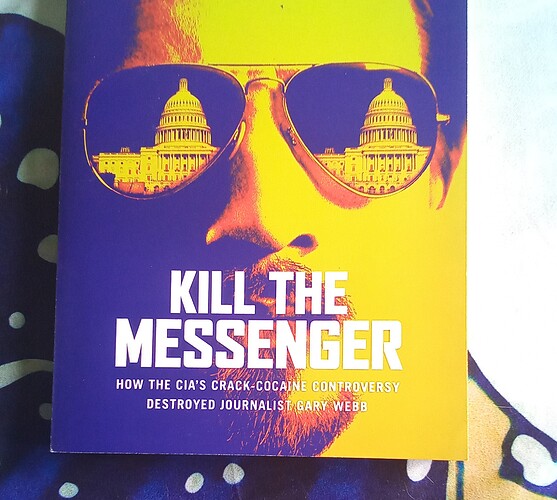Psychedelic Drug DMT To Be Trialed On Stroke Victims
Researchers are to begin trialing the use of the psychedelic drug DMT as a treatment for stroke patients, after preclinical studies on rats indicated that the substance could help the brain repair itself following injury. If results are positive, DMT could potentially become a first-line medication for stroke, given to patients while in the ambulance in order to limit the amount of brain damage that occurs.
The study is being led by Dr Rick Strassman, who famously labeled DMT ‘The Spirit Molecule’ after conducting the first human studies involving the drug. His work was later turned into a popular documentary, co-produced by Strassman and narrated by comedian, psychedelics enthusiast and mixed martial arts pundit Joe Rogan.
Known for its ability to generate intense out-of-body experiences, DMT might not seem like the most appropriate medication for a stroke victim, yet Strassman insists that only “sub-psychedelic doses” will be used for this purpose. “You want to avoid the psychedelic effect because you don’t want a stroke patient tripping,” he told IFLScience.
Previous studies have shown that DMT helps to keep brain cells alive when oxygen is cut off, promotes neuroplasticity, and encourages neurogenesis or the formation of new neurons. “So with respect to stroke, it makes perfect sense, because you’d be giving DMT in conditions where you need neuroplasticity, neurogenesis and protection from hypoxia,” says Strassman.
In a study conducted last year, rats that had undergone stroke displayed reduced brain injuries and increased motor function after being given DMT. Those that received the drug also had elevated levels of a neuronal growth factor called BDNF in their blood plasma, while genes associated with inflammation were reduced.
The big question that Strassman now hopes to answer is “whether or not the neuroplastic, neurogenerative and neurotrophic effects of DMT can be attained without the psychedelic effects.”
A Phase I study is expected to begin “in the next three to six months”, according to Chris Moreau, whose company Algernon Pharmaceuticals is funding the trial. “We’re looking to start a Phase II in early 2022, but if we get our Phase I started earlier we might even get to a Phase II before the end of this year,” he says.
The Phase I trial will involve only healthy participants and will seek to determine the dose of DMT that can be used without producing psychedelic effects. It will also closely monitor any changes in blood pressure, as this is obviously a major concern for stroke victims.
The results of this work, combined with further preclinical studies on animals, will determine the nature of the Phase II trial, which will involve actual stroke patients. If these early trials indicate that DMT does not cause dangerous increases in blood pressure then it may be considered safe to give to hemorrhagic stroke victims, thereby supporting its use immediately after the event, possibly even in the ambulance.
However, if there is any uncertainty about this then it will not be possible to administer DMT until after a patient has had a CT scan in order to determine if their stroke is hemorrhagic or ischemic.
Ischemic strokes are caused by blood clots in the brain and are generally treated using a blood thinner called Tissue Plasminogen Activator (TPA). However, giving such a medication following a hemorrhagic stroke is extremely dangerous, which is why all stroke patients must wait for a scan before receiving any treatment.
Yet if DMT is found to be safe for both types of stroke then it could be administered immediately, potentially halting the damage and speeding up recovery in the brain.
super annoying link:


